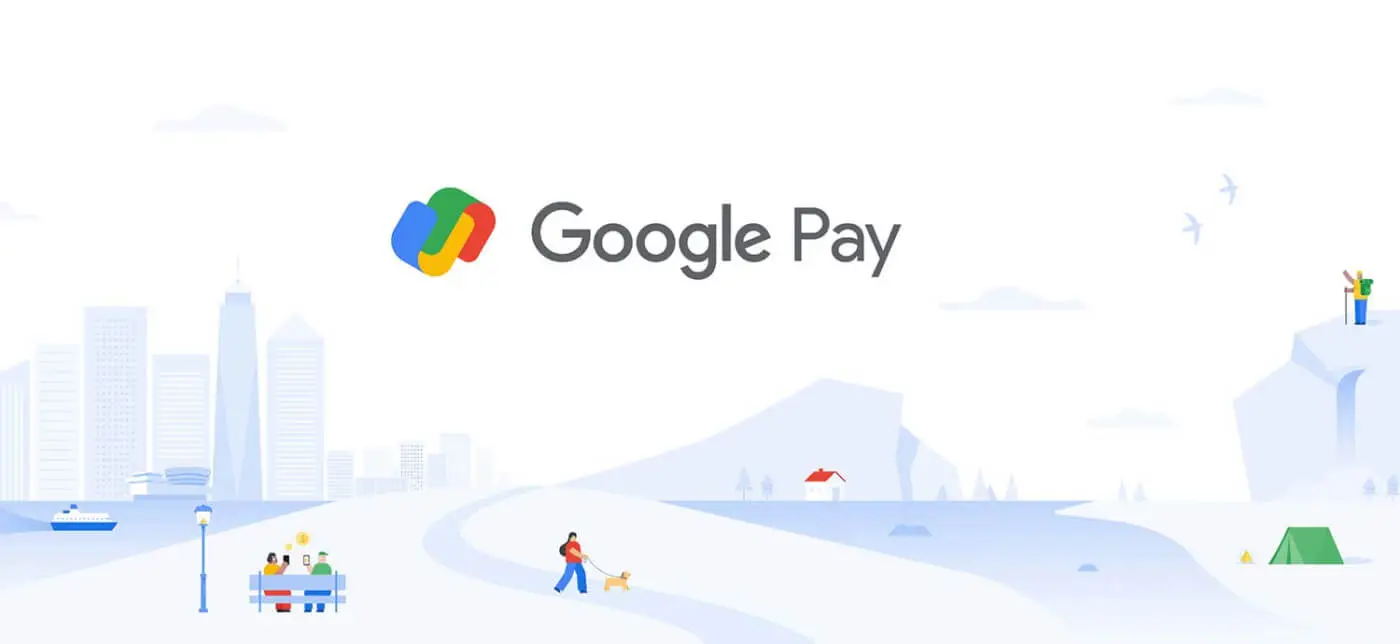Keep pace with the rapidly evolving fintech industry by subscribing to the BIGcast Network. Get weekly insights from industry leaders John Best and Glen Sarvady, delivered straight to your preferred podcast platform. Join our community and stay informed about the latest trends shaping the credit union industry. Subscribe today and ensure you’re always ahead of the curve.

Fintech is Hard- The Lessons of Google Plex
When Google pulled the plug on its closely followed checking initiative on October 1, the news was a bigger surprise than it probably should have been. The Big Tech firm has long subscribed to Silicon Valley’s “fail fast” mantra, and has a graveyard of abandoned products to show for it. Google had also already allowed some soft deadlines to quietly slide by for its multi-FI banking interface.
Still, “Google Plex” was killed before it was even allowed to launch- and Google had partnered with more than a dozen mostly prominent FIs for the effort. Citi and Stanford Federal Credit Union typically got the headlines- probably to reinforce the message that Google Plex was a product for institutions both large and small- but names like BMO, BBVA and SEFCU had also signed on.
This also wasn’t Google’s first effort to invigorate its Google Pay product, which has clearly lagged competitors like Apple Pay. You’d think those earlier fast failures would have educated Google on both the challenges and stakes that have doomed banking projects for years.
So what went wrong? My guess is that Google eventually realized the same factor that has tripped up tech giants like Microsoft before them: Fintech is hard.
Google’s entire value proposition hinges on providing a simple and elegant user experience intuitive to techies and non-techies alike. With Google Plex it chose to tackle a remarkably complex endeavor- and apparently came to appreciate its enormity over time.
The fundamental premise of Google Plex was fairly simple- FIs would “own” the account relationship, providing the necessary infrastructure including compliance and FDIC/NCUA deposit insurance. Google would be responsible for the customer interface, integrating it seamlessly with the broader Google Pay offering and thereby enabling omni-channel capabilities widely viewed as the future of commerce.
This “outsourcing the back office” to licensed institutions is essentially the same model the vast majority of today’s neobanks are pursuing- with one key difference. These neobank front ends can be hard-wired directly to a single back end. By contrast, Google Plex positioned itself as a clearinghouse for the entire customer journey, starting with account acquisition.
Google simplified this task somewhat by requiring all participating FIs to offer identical features in its Google Plex offering (I was surprised banks and credit unions proved willing to negotiate away this power to differentiate). This still left many unanswered questions, though:
- How would a new user find their desired CU on the Google Plex app? With a vision for hundreds if not thousands of participating FIs in short other, a drop-down menu or search bar would get unwieldy in a fast.
- How would prospects interested in a credit union account be vetted for field of membership qualifications?
- If a consumer came to the site without an FI preference (based on the marketing, many if not most would be looking for “Google checking”) how would Google dole out these accounts across its partners?
I posed these questions in early 2020 when I moderated a panel at CUNA GAC, one of the few occasions Google spoke publicly on the topic. Google’s representative acknowledged the challenge, but elaborated no further than to say they were working on it.
In announcing Google Plex’s demise, a spokesperson said the firm would instead focus on “delivering digital enablement for banks and other financial services providers rather than us serving as the provider of these services.” The wording is curious since Google had consciously positioned Plex as an “enabler” rather than a “provider” of banking services.
Clearly, Google still sees strategic- and economic- value in the banking and payments space. It will simply rethink (again) how it can best participate. Recall that market leaders like PayPal began with a highly specific solution, gradually expanding from that base.
While it’s tempting to think fintech has “cracked the code” on banking- and APIs have certainly moved us further down that path- it’s notable that even a company with the resources of Google cannot yet deliver such a “killer app.” Fintech is hard.
Our 2020 interview with Stanford Federal CEO Joan Opp on her CU’s decision to partner with Google: https://www.big-fintech.com/Media/BIGcast/ArticleID/612/Google-Checking
Join our CU Town Hall on which we’ll discuss Google Plex, Postal Banking, and how Facebook’s latest dilemma affects credit unions: https://www.cutownhall.com/
